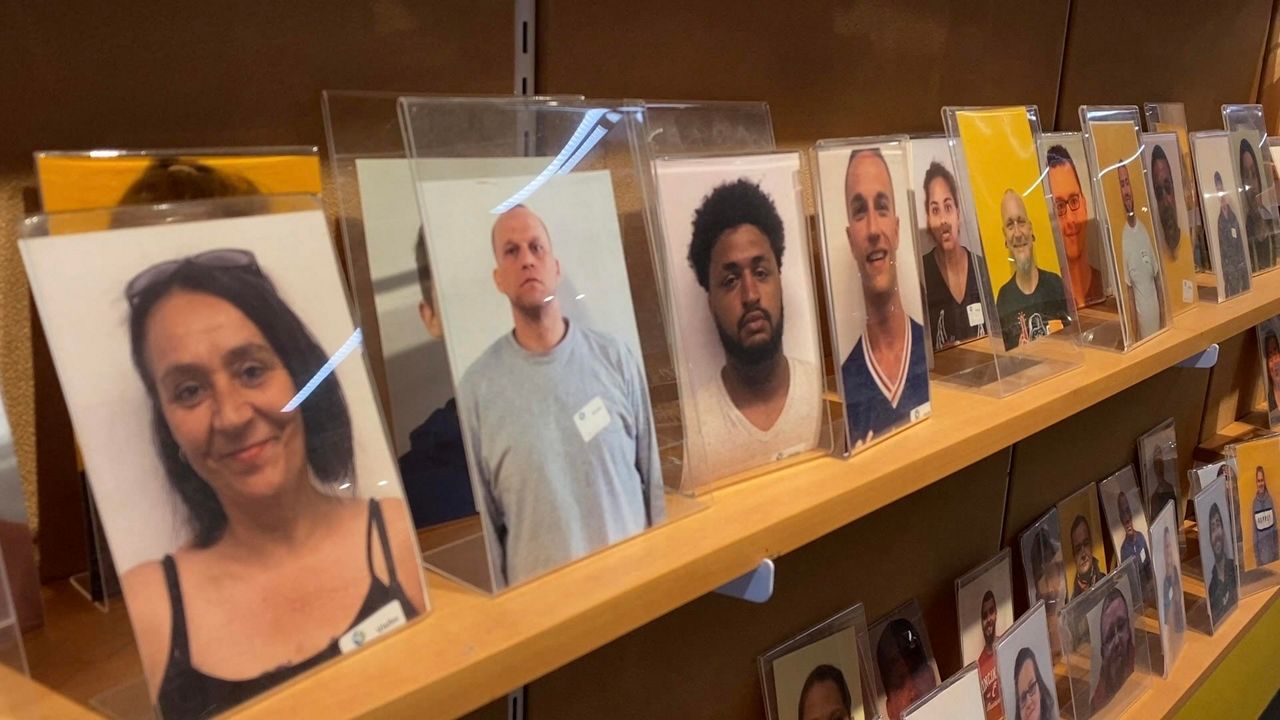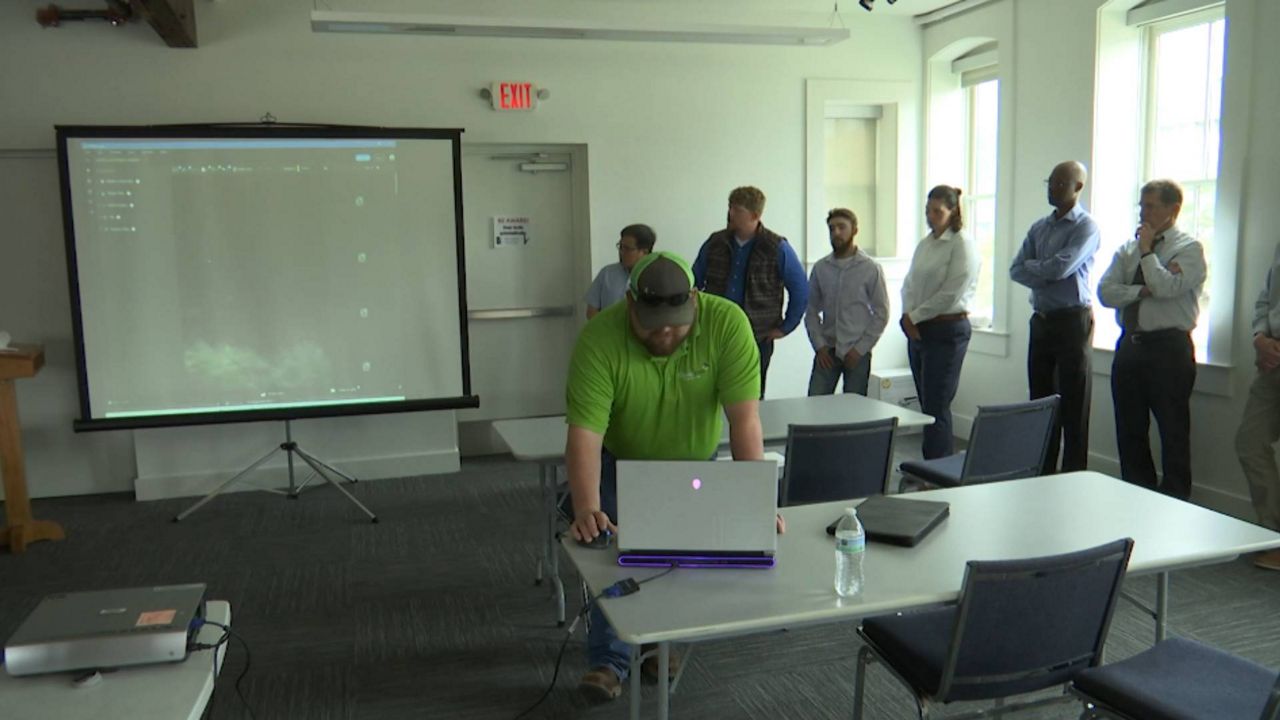COVINGTON, Ky. — A northern Kentucky organization is taking advantage of opioid settlement funds to help get people struggling with addiction into treatment and ultimately back out into society. This money comes from companies the Kentucky Attorney General says “fueled and exacerbated” the opioid epidemic.
Spectrum News 1 looked at how the money is being used and spoke to a woman who knows firsthand how life changing these programs can be.
Sharon Wells helps clean up wherever she’s needed as one housekeeper at the Life Learning Center in Covington, a place she needed to help clean up her own life once upon a time.
“I’ve been struggling with substance all my life. Especially dealing with losing my parents, my sister,” Wells said. “I had gotten myself into a little trouble. And was gone away for two and a half, three years. And I said I can’t do that lifestyle no more. I can’t roll with the Joneses. I’m gonna roll with me. And that’s what I’ve done.”
The programs at Life Learning Center helped her build up her self esteem, learn new skills and reintegrate into society.
“It’s more than just being comfortable nowadays to me. You have to have that knowledge to keep that comfort zone. And that’s where I’m at today,” Wells said.
The center is one pillar of the Northern Kentucky Office of Drug Control Policy.
Director Amanda Peters said she loves coming to the center and seeing the faces of lives that are changed daily. She said she could have easily been one of them.

“I’ve been dealing with this in my own family since I was about four years old. So both of my parents have substance use disorder mental health. My dad was in the prison system, and so for me personally, I know how much this work matters,” Peters said. “I know statistically, I should be dead, addicted or in jail. And I know how those kids live in chaos. So for me, I want to provide those opportunities for the individuals and their families, but also for kids to get a way out.”
Peters is overseeing a $1 million grant from the Kentucky Opioid Advisory Commission, which is funded by opioid settlements. NKYODCP is using the money to create a clinical crisis and rapid re-entry team to target people considered “multi system high utilizers.”
“These are the most sick in our community, but they’re also the most expensive,” Peters said. “Folks that may have a law enforcement encounter, they may have been receiving naloxone through EMS, or have another health crisis where someone calls 9-1-1, and they need emergent medical care, someone entering the detention center, leaving the emergency department, or is court ordered to treatment and for someone reason just can’t quite get connected, or they need so many services at one time, this team is a dedicated team to really facilitate that treatment process, and then help them build recovery capital for that lifelong disease management.”
Wells would’ve once fallen into that category. She said she’s happy to see funding to get more of those people connected, but they also have to take it upon themselves to get better.
You have to want to change. If you don’t want to change, it’s not gonna happen for you.“You have to want to change. If you don’t want to change, it’s not gonna happen for you. I don’t care who’s trying to help you,” she said. “‘If you’re this way, you’re gonna be that way. Nothing’s going to change.’ That’s not true. Sometimes you have to ask for help. And I was the type of person that, I’m not asking for help, I’m gonna try to do everything on my own. This time I asked for help, and they have helped me a lot. They’re still helping.”
Data from the CDC shows a nationwide reduction in fatal overdose deaths last year and an even greater decline in Kentucky, where they dropped by nearly 8%.
Peters said northern Kentucky has been leading the way in the fight.
“We’re really turning the tide that we have quality treatment we didn’t have four years ago. It used to take someone weeks or months to get into treatment somewhere around the state,” she said.
However, for every success story like Wells, there are many others that continue to struggle, which is why Peters said people on the frontline need to be constantly looking for new ways to help.
Peters said she thinks other opioid abatement fundings going to local communities will manifest in more police social workers, which she believes northern Kentucky will also lead the way in soon.










